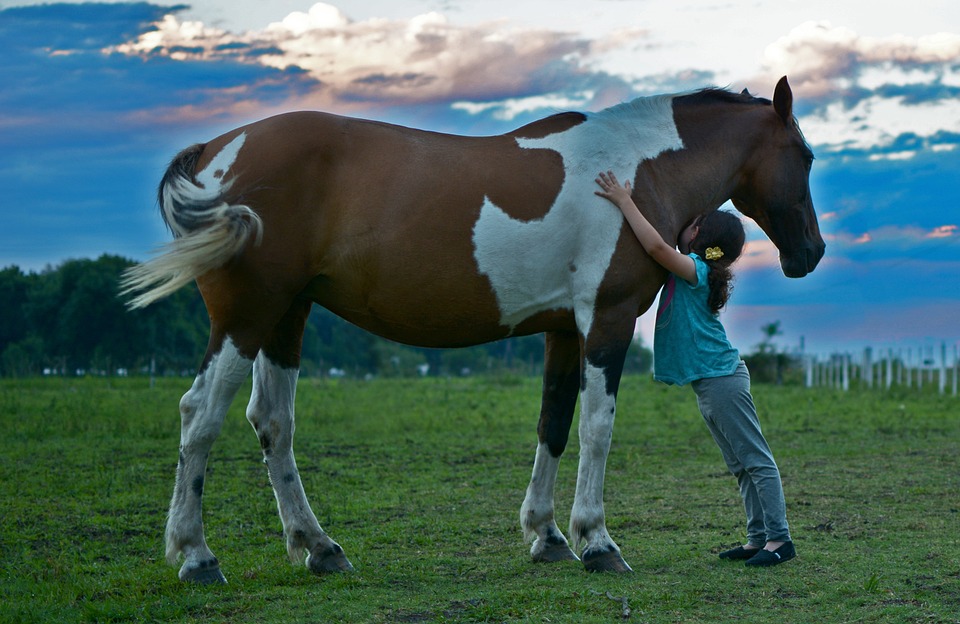Anna Sewell’s Black Beauty (1877) is a timeless classic that has had a profound impact on the way we view and treat animals, particularly horses. Originally written with an adult audience in mind, Sewell’s novel aimed to shed light on the harsh realities faced by horses during the Victorian era, when they were often seen as mere machines rather than living beings. Through the eyes of the titular horse, Black Beauty, readers are taken on a journey that highlights the cruelties and injustices faced by these noble creatures.
During the Victorian period, horses were essential for powering various aspects of daily life, from transportation to agriculture. However, this heavy reliance on horses often led to their mistreatment and overwork. Sewell’s novel sought to challenge this perception by humanizing horses and portraying them as sentient beings capable of feeling pain and suffering. By giving Black Beauty a voice and agency in the narrative, Sewell effectively conveyed the message that animals deserve compassion and respect.
One of the key themes in Black Beauty is the prevalence of cruelty towards horses. From the aristocratic family that forces Black Beauty to wear a painful bearing rein to the baker who overloads his cart to save time, the novel exposes the harsh realities faced by working horses. Through the experiences of Black Beauty and his fellow equine companions, such as Ginger and Captain, readers are confronted with the harsh realities of animal exploitation and abuse.
Sewell’s personal connection to horses, particularly her own horse Bess, played a significant role in shaping the narrative of Black Beauty. Having relied on horse-drawn carts due to a childhood injury, Sewell developed a deep appreciation for these animals and sought to advocate for their welfare through her writing. In her journal, she expressed her desire to promote kindness, sympathy, and understanding towards horses, a sentiment that is echoed throughout the novel.
The impact of Black Beauty was immediate and far-reaching. The novel quickly gained popularity, selling over a million copies in the United States within a few years of its publication. Sewell’s powerful message resonated with readers and sparked a wave of activism in support of animal rights. Influential figures such as Edward Fordham Flower and George Angell used the novel to advocate for the welfare of horses, leading to tangible changes in practices such as the use of bearing reins and tail docking.
In the years following Black Beauty’s publication, the novel continued to inspire philanthropic efforts aimed at helping horses in need. Charities such as The Horse Trust, founded in 1886, have provided sanctuary and care for working equines, carrying on Sewell’s legacy of compassion and advocacy. Today, organizations like Redwings Horse Sanctuary continue to use the sales of Black Beauty to support rescued horses and promote awareness of animal welfare issues.
Although Sewell passed away shortly after the publication of Black Beauty, her legacy lives on through her enduring work. Described as the most influential anticruelty novel of all time, Black Beauty continues to educate and inspire readers to advocate for the well-being of animals. Sewell’s powerful storytelling and unwavering commitment to animal welfare have left an indelible mark on the literary world and the fight for compassion towards all living creatures.





